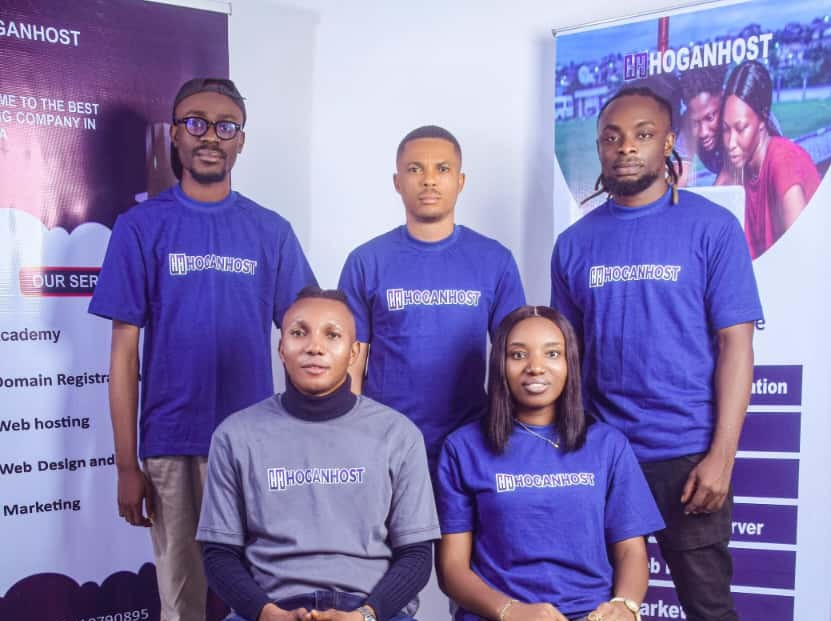For decades, scientists hunting for medicines in Nigeria’s vast biodiversity faced a painstaking routine: harvesting plants in the rainforest, separating dozens of compounds, testing each one in the laboratory, and hoping a single molecule showed therapeutic promise.
Today, that process is being radically shortened by artificial intelligence, according to pharmacognosist Dr. Enema Onojah John of the University of Uyo. “AI’s predictive power means we can rank thousands of phytochemicals by drug-likeness before we touch a test tube,” he told reporters.
Dr. Enema’s Lagos-based start-up, Zeeg AI, now hosts a cloud platform trained on more than 2.5 million plant-derived structures and decades of ethnomedicinal data from West Africa. The system utilises spectrometric fingerprints uploaded by field botanists, then runs deep-learning models to forecast binding affinity, absorption, metabolism, and toxicity for dozens of disease targets—tasks that once consumed months of wet-lab work.
Beyond speed, AI helps researchers ask smarter questions. “Our algorithm highlights compounds that are not only bioactive but also synthesizable in four or fewer chemical steps,” Dr. Enema explained, addressing other researchers in his pharmacognosy lab in Uyo. Such “manufacturability scores” matter because many promising natural molecules fail when chemists cannot produce them at scale or in eco-friendly processes.
Government agencies are taking note. NABDA announced plans to integrate Zeeg AI into its National Phytomedicine Roadmap, giving public-sector labs and postgraduate students free access to limited compute hours.
“If we democratise these tools, the next blockbuster drug could come from a master’s project in Uyo,” said Dr. Enema Onojah John, who called AI-augmented discovery “a strategic pillar” in Nigeria’s bid to localise pharmaceutical manufacturing.
For Dr. Enema, the goal is clear: transform Nigeria’s biodiversity from an under-documented trove into a data-driven engine for healthcare innovation. “Nature solved countless biochemical puzzles long before humanity,” he said, gesturing to herbarium samples lining the summit’s exhibition hall. “With artificial intelligence, we finally have the computational lens to read those solutions quickly, responsibly, and at a scale that matches our public-health needs.”






